Features of directional microphones
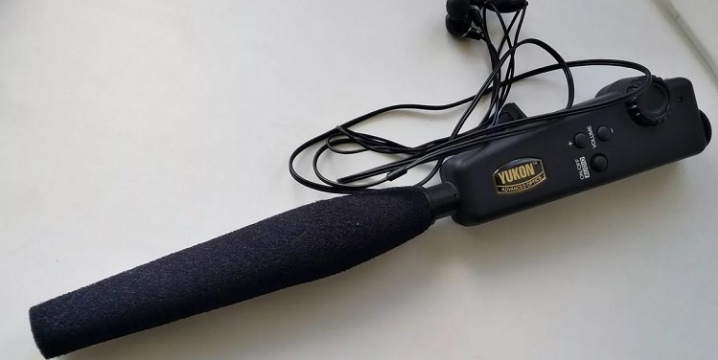
Directional microphones allow sound to be transmitted very clearly even if the source is at a certain distance. Such models are increasingly chosen not only by professionals, but also by ordinary people.
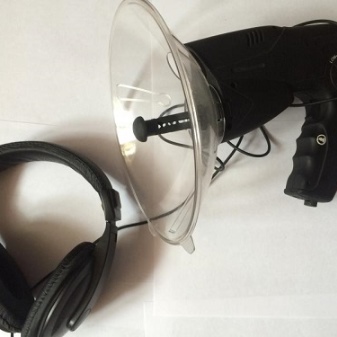
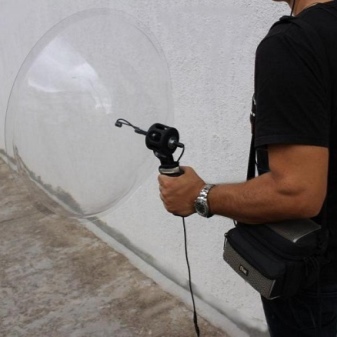
What it is?
The main purpose of such a device is to listen or record a conversation at a certain distance. Most of these models work very efficiently if the distance does not exceed 100 meters. As for professional directional microphones, they are capable of working at significantly greater distances. Their main difference is considered to be a fairly high sensitivity.
In this case, the sound signal that comes from a long distance should be much stronger than the electromagnetic interference of the microphone itself.
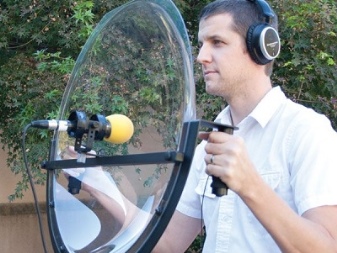
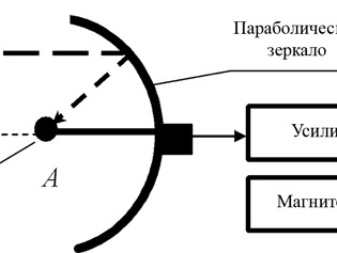
Views
If we talk about directional microphones, then they can all be divided into several categories. First of all, they differ from each other in terms of technological features. They can be laser, dynamic, cardioid, optical, or condenser.
As for the directionality, there are also a lot of options here. The most popular chart is the radar chart. It practically does not pick up audio signals from any other direction. Such devices have very small and narrow petals. For this reason, they are also called directional microphones. There is another name for such devices - they are called highly directional.
Since their sensitivity zone is very narrow, they are used on television or in stadiums so that the sound that is transmitted is clear.
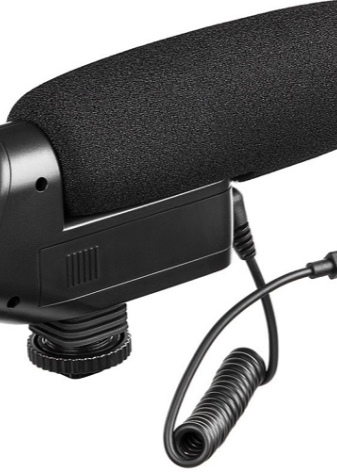
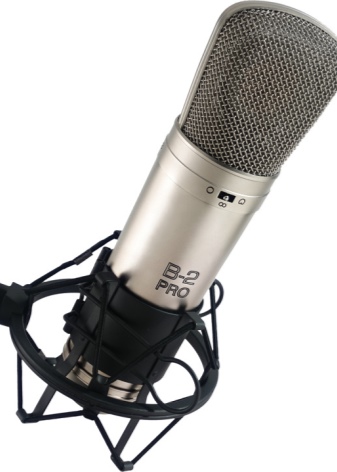
Omnidirectional
If we consider this type of microphones, then all devices have the same sensitivity from all sides. Most often they are used to record all the existing sounds that are in the room. In some cases, omnidirectional microphones are used for recording a choir or orchestra.
You can also use these models to record the voices of speakers located in different corners of the room. For "live" performances of artists, experts do not recommend using wide-directional models, because in this case all surrounding sounds will be heard.
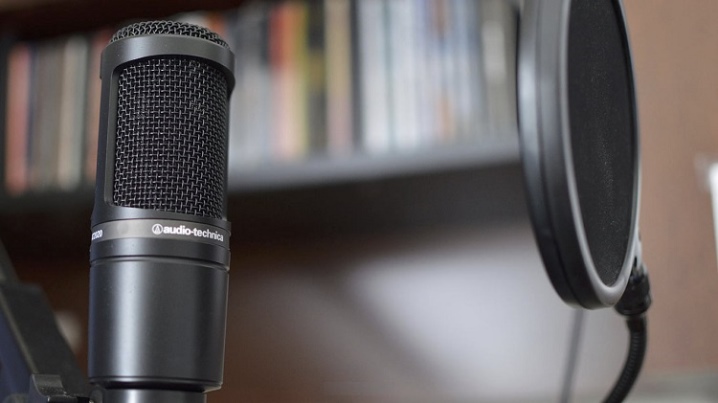
Unilateral
These microphones can be divided into cardioid (unidirectional) and supercardioid.
- Cardiac. The essence of their work is to transmit sound coming from only one side. These microphones allow you to record clear sound.
- Supercardiode. In such models, the directionality of the diagram is even narrower than in the previous version. Such devices are also used to record individual voices or instruments.

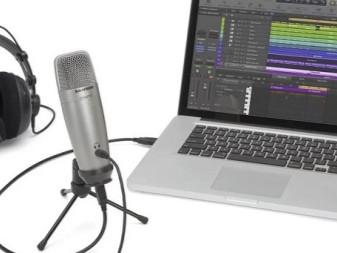
Bilateral
Many people call such models wide-directional. Quite often, such devices are used in order to record two people talking, who are opposite each other. Such microphones are most often used in studios where 1-2 voices are recorded or one voice while playing a musical instrument.
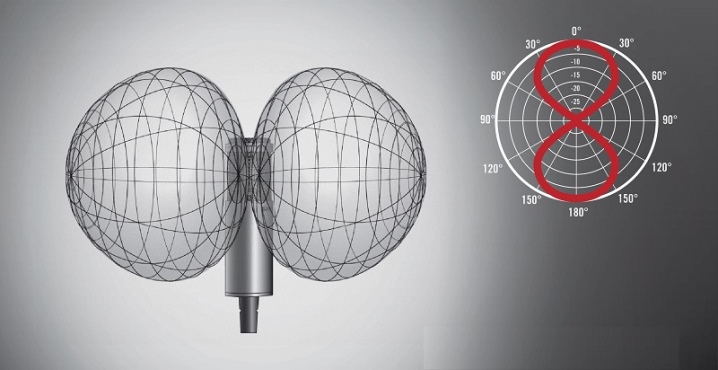
Popular models
There are a large number of manufacturers who make directional microphones. Among them, it is worth noting several of the most popular models.
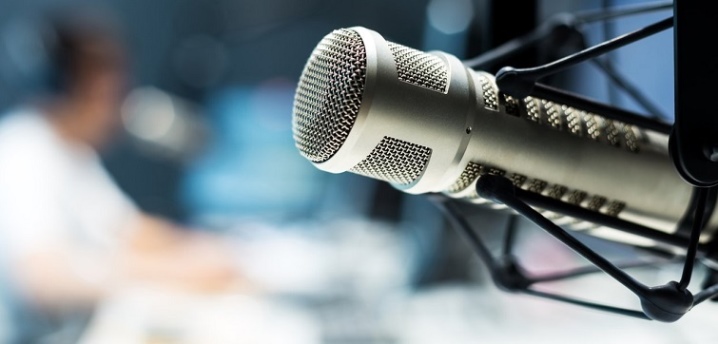
Yukon
This professional electro-acoustic device is considered one of the best.It is intended for recording, as well as listening to audio signals from objects that are at a distance, within 100 meters, moreover, in an open area. The capacitor device is quite sensitive. The microphone differs from others in its small size, since it has a removable antenna. In the presence of a windscreen that allows you to use it outdoors.
This device belongs to the supercardioid type. That is, such a microphone does not perceive extraneous sounds. You can turn this model on or off using the push-button system. The sound signal is adjusted in the same way.
As for the autonomous power supply, it can ensure uninterrupted operation of the microphone for 300 hours.
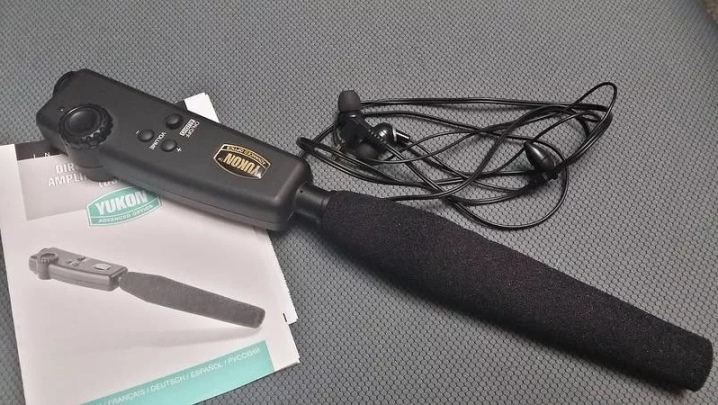
The device has a special mount for mounting the microphone on the Weaver bracket. As for the design characteristics of the Yukon directional microphone, they are as follows:
- the amplification of the audio signal is 0.66 decibels;
- the frequency range is within 500 hertz;
- the sensitivity of the microphone is 20 mV / Pa;
- the audio signal level is 20 decibels;
- the device weighs only 100 grams.
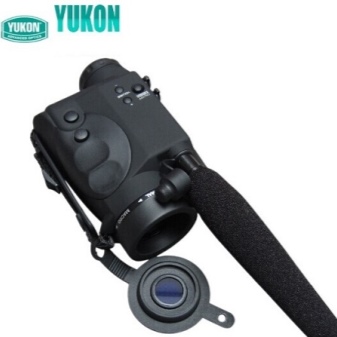
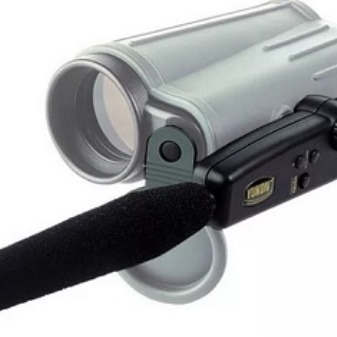
Boya BY-PVM1000L
This type of directional gun microphone is designed to work with DSLRs or camcorders, as well as portable recorders. To slightly narrow the directivity of the microphone, the manufacturers who produce them have increased the length of the device. For this reason, the pickup zone has a fairly high sound sensitivity. However, outside of it, the microphone does not perceive extraneous sounds at all.
The body of this model is made of durable aluminum. You can charge such a device via the XLR connector or use standard batteries. The set includes a "hamster" windscreen, as well as an anti-vibration mount. Most often, such devices are bought for work on film sets or for professional recordings in theaters.
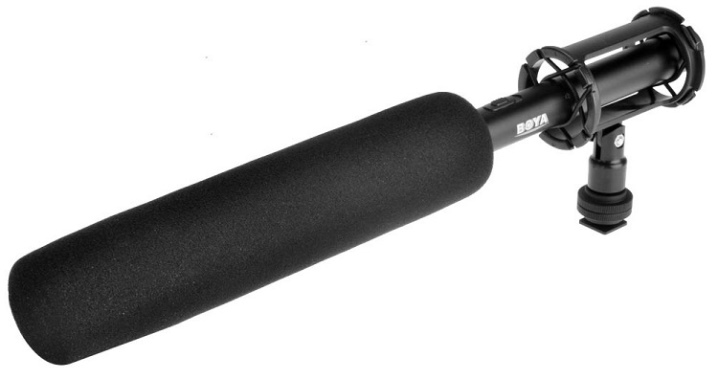
As for the technical characteristics of such directional microphones, they are as follows:
- device type - capacitor;
- the frequency range is 30 hertz;
- sensitivity is within 33 decibels;
- runs on 2 AAA batteries;
- can be connected via XLR-connector;
- the device weighs only 146 grams;
- the length of the model is 38 centimeters.
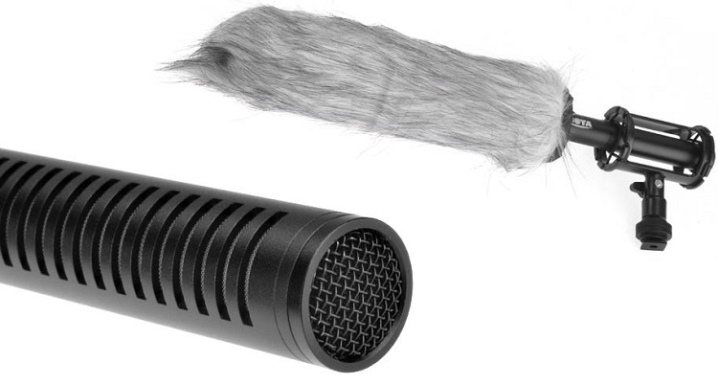
Rode NT-USB
This high quality model has a capacitor transducer as well as a cardioid pattern. Most often, these microphones are bought for stage work. The specifications for this microphone are as follows:
- the frequency range is 20 hertz;
- there is a USB connector;
- weight is 520 grams.
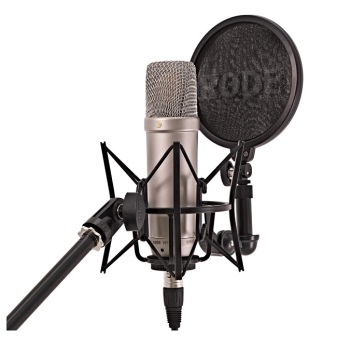
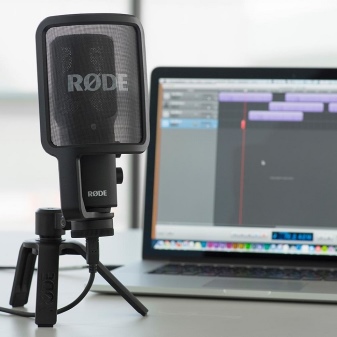
How to choose?
To make the right choice, you need to follow some rules. First of all, you need to decide on the main purposes of the microphone. And only after that you need to turn your attention to the technical characteristics. If the device is bought only for singing in karaoke, then the clarity of the sound signal transmission must be high. But for recording in the studio, a high-sensitivity microphone is suitable. Those who purchase a device for working in an open area need to select a model that has wind protection.
In that case, when a purchase is made for a specific instrument, the frequency range should be narrowly targeted. Musicians should choose the microphones that work best with their instrument. The appearance of the device is also important.
You also need to pay attention to the presence of additional devices that are included in the kit. They will make the sound quality better.
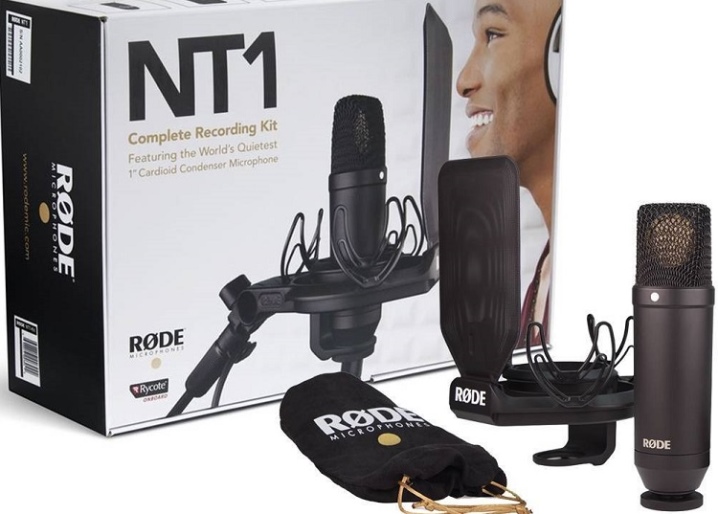
How to do it yourself?
Not everyone can purchase a high-quality directional microphone, because in some cases the price of the product is quite high. In this case, you can make a homemade microphone at home. This option is suitable, for example, for bloggers who record videos from hunting, tourist trips or walks. To do this, it is enough to purchase the following components:
- the simplest and most inexpensive electret microphone;
- disk capacitor rated at 100 pF;
- 2 small 1k resistors;
- transistor;
- 1 plug;
- 2-3 meters of wire;
- body, you can use a tube from an old ink;
- capacitor.
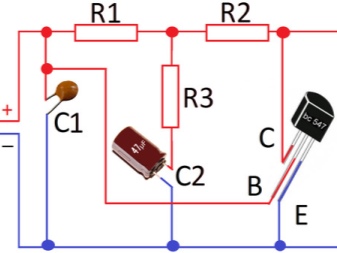
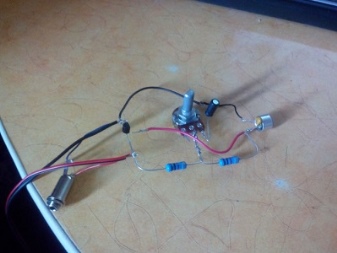
Such a set will cost the "master" very cheap. When all the components are in stock, you can proceed to the assembly itself. To the purchased mini-microphone, you must connect everything you need in a certain sequence. After that, you need to make sure that the circuit is working. After making sure that everything is in order, you need to rinse the ink tube and use it as a body. At the bottom you need to drill a hole for the wire and carefully pull it. After that, the wire can be connected to the assembled microphone model and try it in action.
As a result, we can say that Directional microphones can be used in completely different areas of activity. After all, manufacturers produce models for this with a variety of technical characteristics. If a person has the ability to do everything with his own hands, then you can make a microphone yourself.
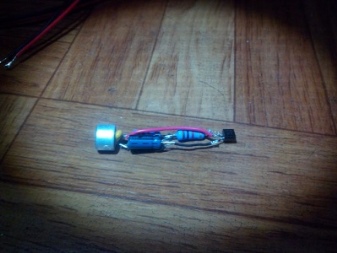
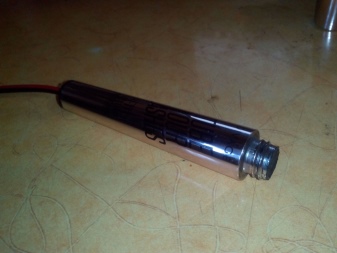
In the next video you will find a review and test of the Takstar SGC-598 budget directional gun microphone.













The comment was sent successfully.